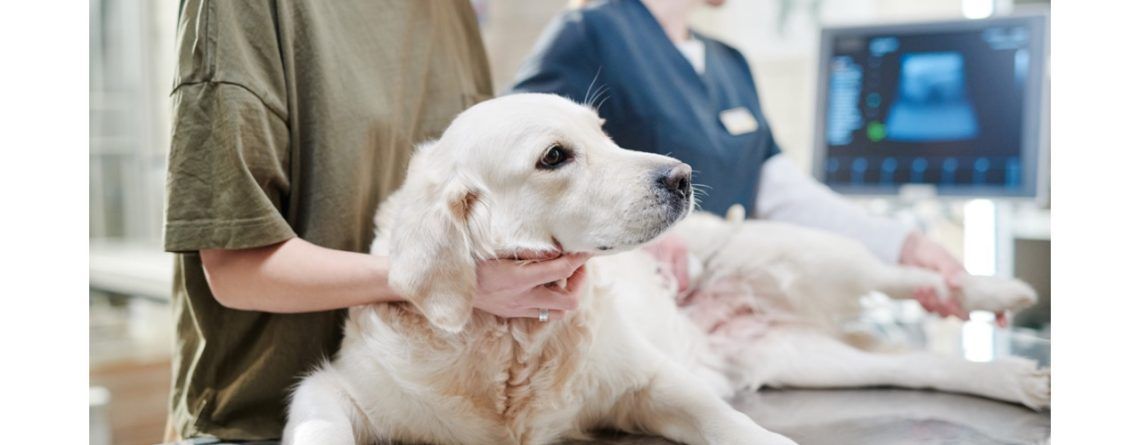Permission to take your pet to the vet ?
Patrick Gordinne Perez2023-12-11T07:27:23+00:00Recent change in pet law
A few weeks ago a law was published that guarantees the rights and welfare of animals. As a result of this law, some news reports indicated that workers are now entitled to paid leave to take care of their sick pets.
What do you need to know about this
The Workers' Statute (ET) has not changed.
There is no right.
If one of your employees asks you for paid leave to look after your sick pet, you can refuse. It is true that on 28 March the Law on the Protection of the Rights and Welfare of Animals came into force, which aims to promote animal protection and indicates that pet ownership must be accompanied by a responsibility that is commensurate with the care that should be given to a being other than a thing.
However, this law has not modified the regime of leaves and permissions that is regulated in the Statute of Workers (ET).
Check the workers’ statute agreement.
Tell your employee that he/she is not entitled to paid leave to take care of his/her pet; however, check your collective agreement to see if there is any mention of this.
Tell your employee that paid leave – i.e. leave with pay – is only granted in the cases set out in the law and in the collective agreement (e.g. serious accident or illness, hospitalisation or surgery without hospitalisation requiring rest at home for a family member).
Flexibility.
If you want to be flexible in this situation, allow the employee to be absent, but make it clear that he/she must make up those hours not worked at another time. If they do not make them up, you can deduct the equivalent of that time from their pay.
This wage deduction does not constitute a financial penalty (which would be against the law): you are only deducting from the payroll the salary equivalent to a specific number of hours that the employee has not worked.
Can the worker be penalised for taking his dog to the vet?
Unexcused absence.
Be aware that unexcused absences may result in disciplinary action. This is the case even if he/she has asked you for leave and you have not authorised it, or even if he/she does not show up for work and subsequently claims that the absence was due to a visit to the vet.
In this case, proceed as follows:
Go to your collective agreement and check what kind of sanction you can impose when an unexcused absence occurs. This type of non-compliance is usually classified as a minor offence and usually allows the employer to impose a written warning.
If your employee is subsequently absent from work again without cause, a higher penalty can be imposed. Repeated minor misconduct is usually classified as serious misconduct and usually allows the employer to impose a suspension from work and pay for a few days (usually between two and fifteen days).
Do not dismiss the worker
In any event, do not dismiss the employee out of hand if he has missed only one absence and has claimed the need for his pet to go to the vet.
Dismissal for a single absence is disproportionate and would be declared unjustified. Therefore, it is advisable to impose a less damaging sanction and to re-sanction if the person concerned is a repeat offender.
In conclusion
There is no paid leave to care for sick pets or to take them to the vet. If an employee is absent for this reason, you may make up the hours not worked or deduct the corresponding salary from the employee’s paycheck.






